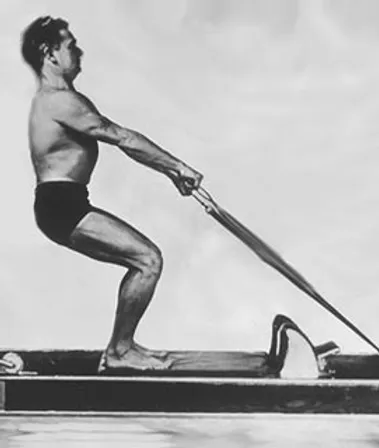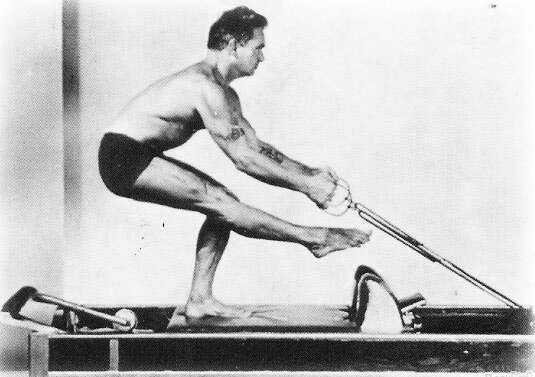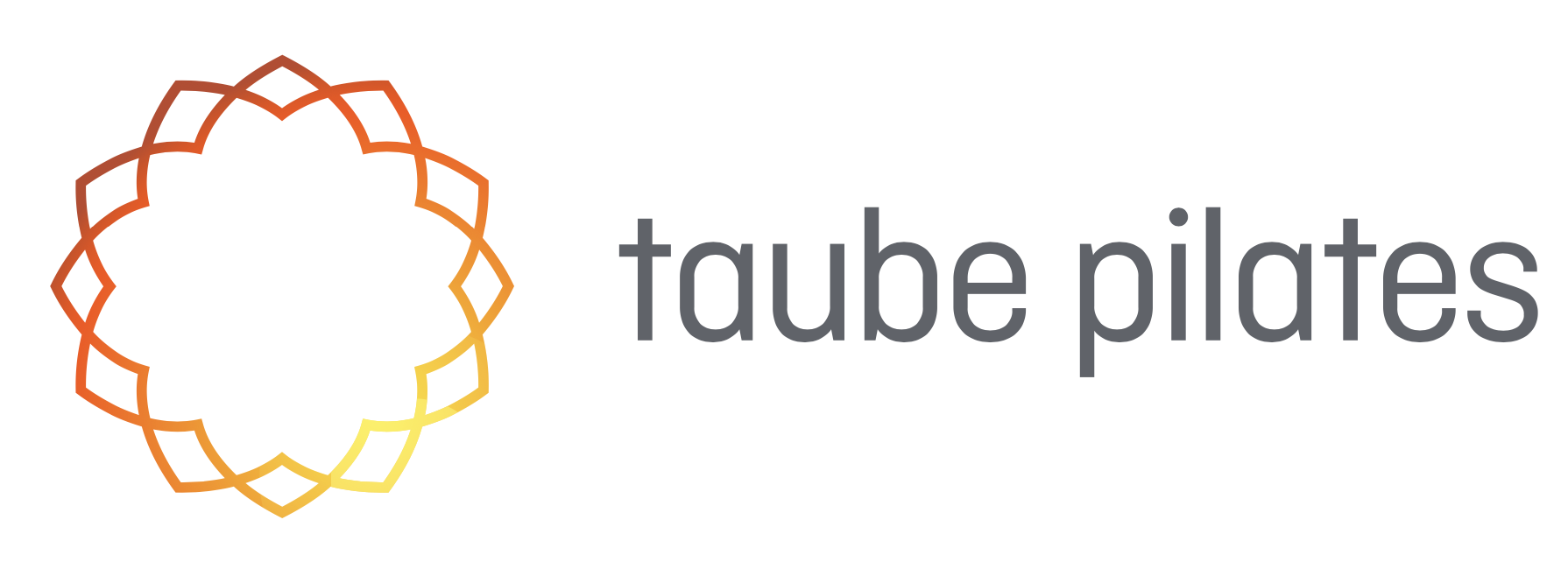In the world of health and fitness, there are countless methodologies and techniques to choose from, each with its own unique history and philosophy. One such methodology that has gained immense popularity over the years is Pilates. Developed by Joseph Pilates in the early 20th century, Pilates has not only transformed countless individuals’ lives but has also become an essential tool for health and fitness professionals. In this blog, we will explore the significance of Pilates’ history, philosophies, and principles for personal and professional development in the field of health and fitness.

Pilates History: A Legacy of Innovation
Joseph Pilates, a German physical trainer, developed the Pilates method during World War I to help injured soldiers recover their strength and mobility. Drawing from various movement disciplines like yoga, gymnastics, and martial arts, Pilates created a system of exercises that emphasized core strength, flexibility, and body awareness. His work eventually evolved into the comprehensive system we know today.
The historical significance of Pilates lies in its evolution from a rehabilitation technique to a holistic fitness system. Understanding this evolution is crucial for health and fitness professionals as it provides context for the methodology’s principles and practices. It demonstrates how innovation and adaptation can lead to lasting impact in the field.

Pilates Philosophy: Mind-Body Connection
Central to the Pilates philosophy is the belief in the interconnectedness of the mind and body. Joseph Pilates emphasized the importance of mental focus and concentration during exercises. This mind-body connection is a fundamental aspect of Pilates and has significant implications for personal and professional development.
For individuals, practicing Pilates fosters self-awareness, mindfulness, and stress reduction. It promotes a sense of control over one’s body and encourages individuals to develop a deeper understanding of their physical limitations and capabilities. This heightened awareness can translate into better overall health and well-being.
For health and fitness professionals, incorporating the Pilates philosophy into their practice can lead to more effective client interactions. By emphasizing the mind-body connection, professionals can help clients achieve greater results and enhance their overall experience. Pilates provides a valuable framework for professionals to teach clients about body awareness and control, a skill that extends beyond the Pilates studio into daily life.

Pilates Principles: Building a Strong Foundation
The Pilates method is guided by a set of core principles that underpin its practice. These principles, which include concentration, centering, control, precision, breath, and flow, serve as the foundation of Pilates exercises. They are not only essential for proper execution but also offer valuable insights for personal and professional development.
- Concentration: Concentrating on each movement allows for better control and precision. This principle teaches individuals and professionals alike the importance of focusing on the task at hand, fostering improved decision-making and productivity.
- Centering: Pilates places a significant emphasis on the body’s core or “powerhouse.” This principle reinforces the importance of building a strong foundation before progressing to more advanced tasks—a valuable lesson for personal and professional growth.
- Control: Pilates exercises are characterized by controlled, deliberate movements. This principle teaches individuals discipline and self-control, essential qualities for personal development and professional success.
- Precision: Precise execution of movements is critical in Pilates. This principle instills attention to detail, a skill that can be applied in various aspects of life and work.
- Breath: Pilates incorporates specific breathing techniques to enhance the flow of movements. Understanding the significance of breath control can aid in managing stress and maintaining composure in challenging situations.
- Flow: Pilates movements flow seamlessly from one to the next. This principle encourages individuals and professionals to embrace change and adaptability, key attributes for personal and professional development.

The history, philosophies, and principles of Pilates offer profound lessons for both personal growth and professional development in the realm of health and fitness. Its evolution from a rehabilitative technique to a holistic fitness system demonstrates the power of innovation and adaptation. The mind-body connection at the core of Pilates philosophy fosters self-awareness and mindfulness, which can improve overall well-being. Moreover, the principles of Pilates—concentration, centering, control, precision, breath, and flow—provide a strong foundation for personal development and teach valuable skills that can enhance professional success. In the ever-evolving field of health and fitness, Pilates continues to stand as a testament to the enduring power of mind-body fitness and its potential for transformation.
🌟 Discover Your Inner Strength with the Inspiring Pilates Reformer Course! 🌟

